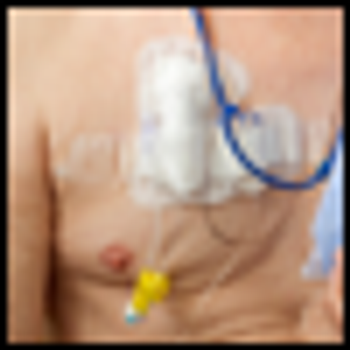
Over 5 million central venous catheters are inserted annually in the United States. Yet the ‘ideal’ access device does not exist. A host of issues preclude optimizing central line care.

Your AI-Trained Oncology Knowledge Connection!


Over 5 million central venous catheters are inserted annually in the United States. Yet the ‘ideal’ access device does not exist. A host of issues preclude optimizing central line care.

Massage is considered a complementary modality in cancer care, used in tandem with medical therapies to promote comfort. The strongest evidence for the use of massage in cancer care suggests its ability to reduce pain and anxiety.

Culture is a tool that its members use to assure their survival and well-being, as well as provide meaning to life. Conflict related to cultural beliefs within healthcare commonly arises during times of significant life change.
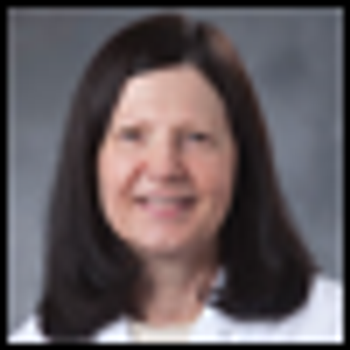
Nurses can implement interventions in the workplace to prevent environmental contamination and personal exposure to hazardous drugs.

Genotyping, sometimes referred to as molecular fingerprinting, must be distinguished from genetic testing. Genotyping is done to tumor samples and tests genes in the malignancy only.

Cancer statistics do not overwhelm me as much as other calculations do. I think this is because I can imagine a human being connected to the rising incidences and changing trends within my chosen specialty.
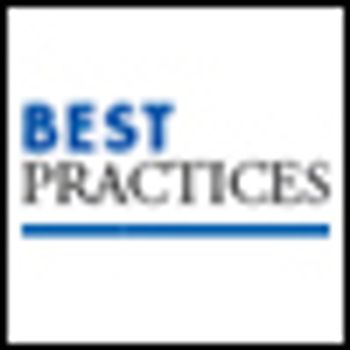
The prevention of patient falls is a major healthcare imperative. Falls are associated with avoidable morbidity and mortality, compromised quality of life, and considerable economic burden.

Cancer-related fatigue (CRF) in older adults is amenable to resolution by nursing oversight that includes early assessment and the selection of appropriate management approaches. Oncology nurses working with older patient populations at high-risk for CRF should partner with rehabilitation colleagues to create and test exercise interventions that reduce the burden of this common symptom.

As we ponder our future, it may also be timely not only to look at our personal lives but also to address our professional growth and maturation in a purposeful way.

Dying from cancer is predominantly an elder experience. The person with major responsibility to provide care for the ill family member is often the patient’s spouse, who frequently is an older adult.

Nearly 3,000 people died in the 9/11 tragedy 10 years ago. Yet I cannot help but put this fact into the context of one of the most challenging concerns in the field of public health today: cancer.

Older patients may fail to consume their medications as prescribed because of faulty memory, a lack of understanding about the treatments they are being given and their importance, or concerns about cost.

I was struck by the recent Jane Brody column in The New York Times entitled “Law on End-of-Life Care Rankles Doctors.”

The recent Centers for Disease Control and Prevention (CDC) report carrying good news about cancer survivorship is an urgent “heads up” for all of us in cancer care. The report states that between the years 1971 and 2001, the number of cancer survivors increased by more than three-fold (from 3 million to nearly 10 million).

Cognition is a highly sophisticated, multifactorial, interrelated set of neurologic functions responsible for attention, perception, memory, learning, language, and thinking.

It is my pleasure to start 2011 by adding a new professional responsibility to my résumé, that of Editor-in-Chief of ONCOLOGY Nurse Edition. Although ONCOLOGY Nurse Edition is a relatively new publication, now entering its fifth year, the journal boasts a readership of 15,000 oncology nurses nationwide.
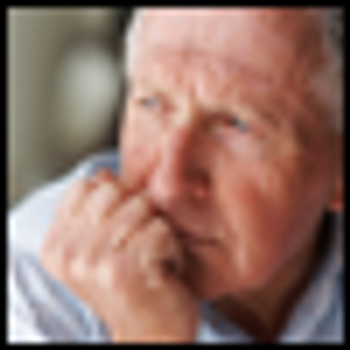
One area in which to start is to ensure that colleagues are aware of the 2007 Oncology Nursing Society (ONS) Position Paper on cancer in the elderly.[8] This position paper lays out the landscape of caring for older adults with cancer both in terms of problems to date and future initiatives to address.

While many oncology nurses have heard of survivor care plans, their details remain obscure. Ms. Houlihan has presented an excellent composite overview of what survivor care plans entail and the barriers limiting their use.

Published: August 4th 2009 | Updated:
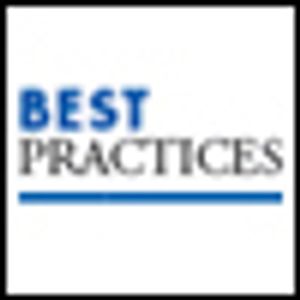
Published: May 10th 2012 | Updated:

Published: April 18th 2011 | Updated:

Published: July 20th 2011 | Updated:

Published: February 16th 2011 | Updated:
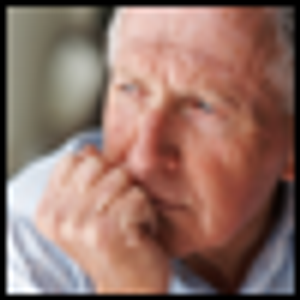
Published: February 16th 2011 | Updated: